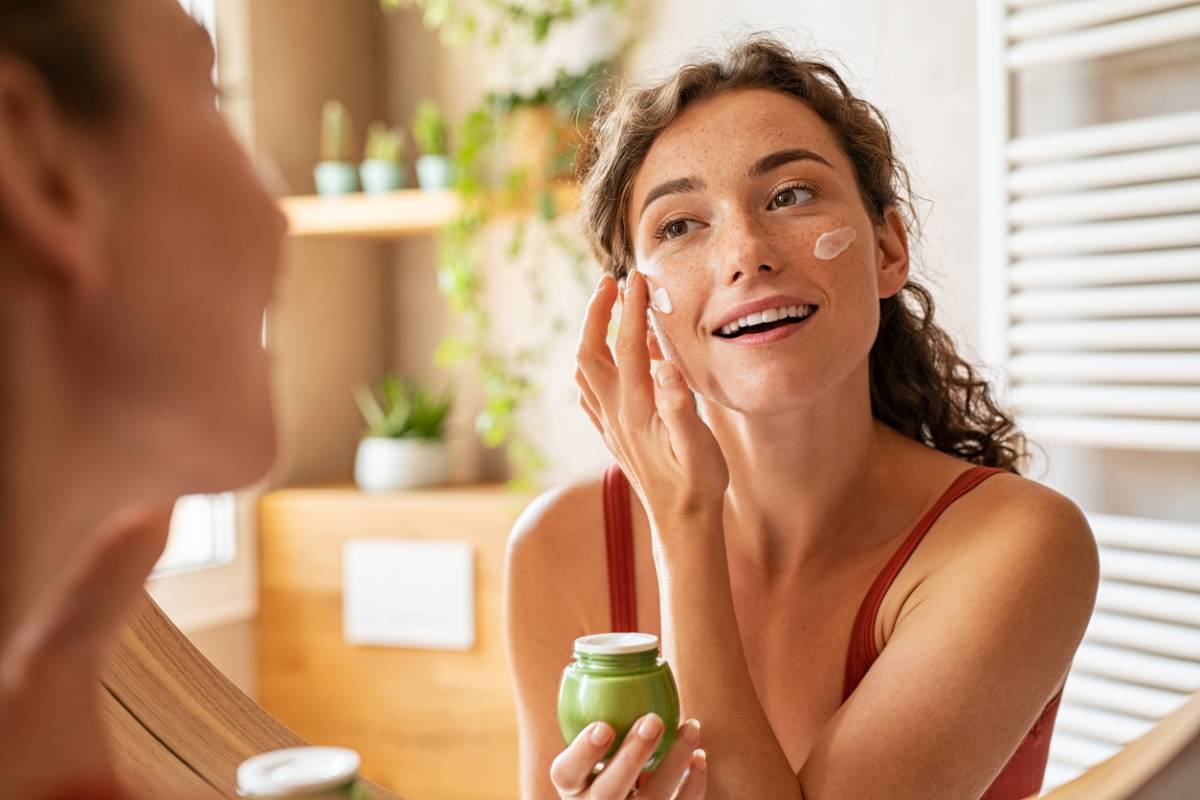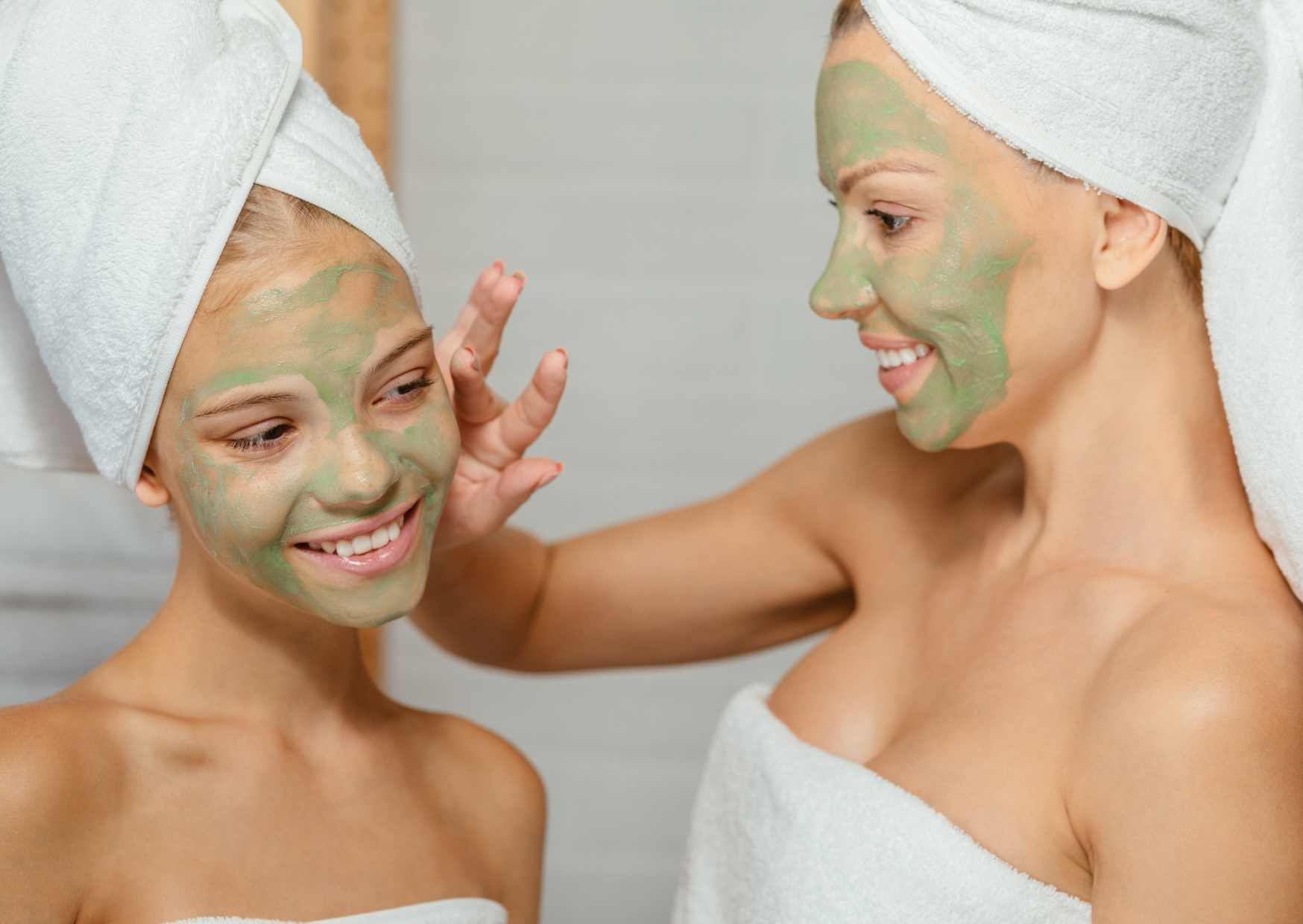
Cosmetics: why has organic changed everything?
This publication is also available in: Français
Deutsch
Italiano
Español
English (US)
Before 2016, natural products only accounted for 1% of the global cosmetics industry. Conventional cosmetics with attractive and reassuring advertisements had a monopoly on the market. Derived from heavy chemistry, these products promise quick and effective results at the expense of significant damage to the environment. In recent years, the organic cosmetics market has been booming. Most international brands are increasingly investing in more natural formulas and highlighting their commitment to protecting the planet. Discover why organic has revolutionized the world of cosmetics and which products are in high demand.
Awareness of the dangers of conventional cosmetics
According to studies, a conventional cosmetic product is composed of 80% excipient. This is a mixture of water and surfactants or oil to boost the effectiveness of a product. Some mixtures even contain emulsifiers. Conventional cosmetics also contain active ingredients that offer the multiple virtues so well stated in advertisements. To attract consumers, manufacturers also use a *huge amount of perfumes and dubious additives*. By reading the labels, you cannot imagine the danger that certain substances represent.
The past decade has been marked by a collective awareness of the dangers of the production and use of chemically-based cosmetic products. These cause serious damage to the planet, whether in the production phase or at the end of life. They also have long-term harmful effects on health. Chemical cosmetics suffocate the skin and attack the epidermal layer over the years. From an economic point of view, they represent a significant investment for consumers. Chemical cosmetics are not accessible to all budgets. If you want to change your consumption habits, *opt for a Marseille organic soap* to start your *transition to solid, organic, and environmentally friendly cosmetics*.
A necessity for a return to natural
In recent years, customers have become more aware of the composition of the products they use daily. Consumers are now more attentive to labels and the origin of the components. At a time when protecting the planet is at the heart of concerns, customers attach major importance to eco-responsible production methods and recyclable products. Often neglected, grandmother’s beauty and well-being tips have proven their effectiveness over many generations. They have served as inspiration for the world’s leading brands. Faced with increasing demand, some companies now offer *ranges of solid organic cosmetic products*.
Organic cosmetics are products composed of at least 95% natural ingredients. They do not contain toxic chemicals harmful to health and the environment. They must predominantly contain plant-based substances, such as seed or plant extracts. They are known to be gentler on the skin. The results of this type of products are also faster, thanks to the *presence of essential active molecules for the skin* (proteins, vitamins, antioxidants, or other elements from natural sources). Faced with this revolution in the cosmetics industry, multiple certifications have emerged. Their objective is to guarantee the characteristics of a product. They also serve as a guarantee for buyers to reassure them about the quality of the cosmetics in question. Thanks to organic certifications and labels, consumers can now be sure of the good composition of products without having to analyze the ingredients.
The solid and natural soap: a must-have in organic cosmetics
If you want to take a first step towards organic cosmetics, solid and natural organic soap is one of the most popular products on the market. Long neglected, this product is making a comeback in bathrooms. Solid soap is known to be more economical. A natural solid soap is much more affordable and suitable for all budgets. You can thus save some money on your regular shopping. Solid soap also contributes to *zero waste goals*. They are sold in simple cardboard or paper packaging. There are even soaps cut to order and sold in bulk. Despite its small size, a bar of soap can last as long as a liquid shower gel. The latter can rarely last for more than a month of use. Yet, a thick bar of soap can be enough for much longer.
This is because a solid soap does not contain preservatives. It thus contains fewer toxic substances, allowing it to last longer. If you are a traveler at heart, solid soap is the best solution. It takes up less space in your suitcase and is enough for a long stay. You can also store it in your carry-on luggage. Organic solid soap is especially appreciated for its ecological aspect. It comes from *an eco-responsible production method*, notably cold saponification. This allows the virtues of essential oils to be preserved. It should be noted that a solid soap is created only with non-polluting and 100% biodegradable components. In addition to saving money, you are thus contributing to the protection of the planet.
Natural solid soap is also much more respectful of your skin. Made in an artisanal way, it preserves all the benefits of the natural active ingredients that make up its composition. It is also *naturally rich in glycerin*, which helps nourish and soften your skin deeply. Organic solid soap is also a way to perpetuate traditional know-how. More than just a beauty and hygiene product, it represents a fragment of ancestral culture. It can showcase an entire region. You can thus choose from a wide variety of solid and organic soaps, including Marseille soap. It’s up to you to select it according to the virtues you are looking for and the needs of your skin.




